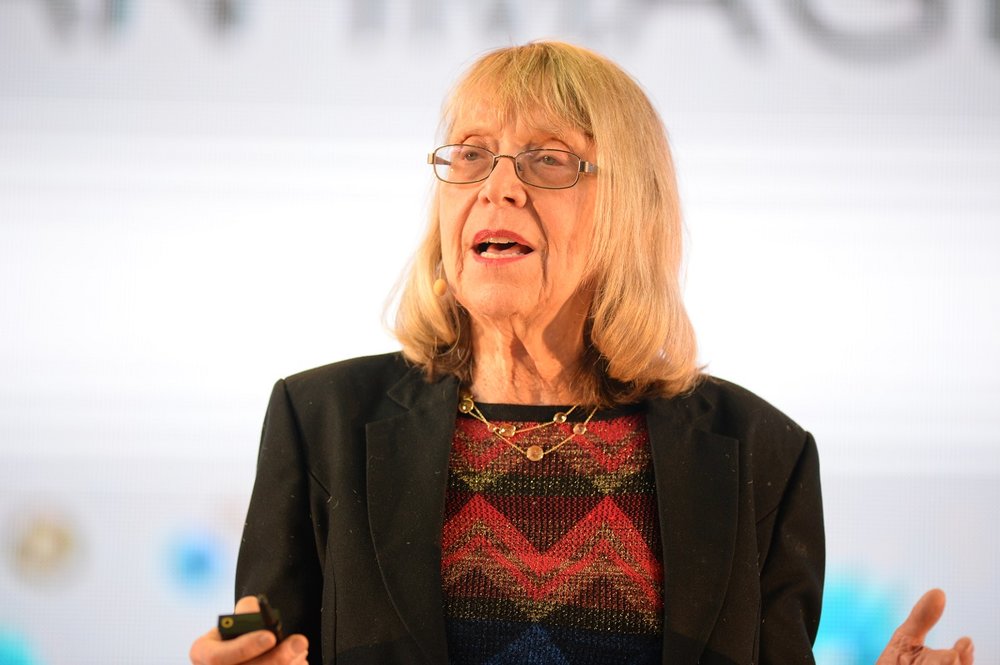For Esther Wojcicki, Vice-Chair of Creative Commons, one of the keynote speakers at the fifth International Conference on Educational Innovation (CIIE) held at the Tec de Monterrey, today’s lecture-based teaching must change. Education has to be more experiential; creativity and social relationships are the keys to the future of education.
According to Wojcicki, who worked as a journalist for various publications such as the Huffington Post, educational institutions should empower students, since learning should focus on experiences and realization of projects rather than just reading or observing.
“We are teaching for the wrong century (…) we have not changed our curriculum since 1893,” Wojcicki stated in his conference ‘Moonshots in Education.’
For the leading Palo Alto educator, Tec de Monterrey does an extraordinary job with its innovative Educational Model Tec21, where students learn through challenges, projects, collaboration, and flexibility. Furthermore, she stated universities must emphasize social-emotional learning.
“We need people who have skills computers will never have: social-emotional skills. Empathy, Compassion, Kindness Respect and Creativity.”
Wojcicki stated that students should control 20% of the total class time to support their teacher and to encourage peer-to-peer learning. What matters is interaction and relationship building through trust, respect, independence, collaboration, and kindness (TRICK).
The speaker affirmed that we are living on the century of media. Students and teachers need journalism skills to tackle information challenges such as fake news. “Journalism prepares students for a world we cannot predict (…) it integrates the whole curriculum since you need to know history, statistics, and tech, to name a few subjects.”
This article from Observatory of the Institute for the Future of Education may be shared under the terms of the license CC BY-NC-SA 4.0 
)
)


)